
Photo showing 100% intake of a plate of food.
- Subject:
- Career and Technical Education
- Education
- Health Education
- Material Type:
- Diagram/Illustration
- Author:
- Nic Ashman
- Date Added:
- 02/24/2023

Photo showing 100% intake of a plate of food.

Photo showing 25% intake or “bites” of a plate of food.
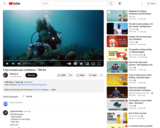
View full lesson: http://ed.ted.com/lessons/3-tips-to-boost-your-confidence-ted-edMade in partnership with the Always #LikeAGirl campaign.When faced with a b...

Photo showing 50% intake of food on a plate.

Photo showing 75% intake of a plate of food.
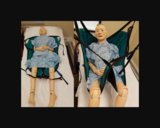
Photo of a mannequin prepared to transfer using a crossed sling.
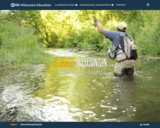
Climate Wisconsin is an educational multimedia collection featuring stories about the impact of climate change in Wisconsin.
LEARNING GOALS:
Expand understanding of how climate change impacts life in Wisconsin.
Connect personal observations to the study of climate and environmental science.
Identify actions that may impact changes to our climate.
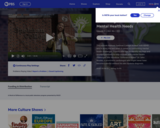
This episode features Spelman College student with ADHD who is acing the test when it comes to confronting mental health challenges. Experts offer tips to identify red flags and respond positively to help children with mental health challenges. We introduce “Difference Maker” Dr. John Rhodes, a prominent cardiologist who might never have become a doctor without his own dyslexia diagnosis.
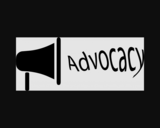
A clipart illustration suggesting advocacy, as featured in section 6.2 of Nursing Management and Professional Concepts textbook.
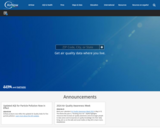
AirNow is your one-stop source for air quality data. Our recently redesigned site highlights air quality in your local area first, while still providing air quality information at state, national, and world views. A new interactive map even lets you zoom out to get the big picture or drill down to see data for a single air quality monitor.
AirNow reports air quality using the official U.S. Air Quality Index (AQI), a color-coded index designed to communicate whether air quality is healthy or unhealthy for you. When you know the AQI in your area, you can take steps to protect your health.
AirNow is a partnership of the U.S. Environmental Protection Agency, National Oceanic and Atmospheric Administration (NOAA), National Park Service, NASA, Centers for Disease Control, and tribal, state, and local air quality agencies. Complete list of AirNow partners. Agencies all over the country send their monitoring data to AirNow for display. The Department of State provides data from U.S. Embassies and Consulates to inform personnel and citizens overseas, and the U.S. Forest Service and NOAA provide fire and smoke data.
AirNow’s centralized data system provides quality control, national reporting consistency, and the ability to distribute data to the public, researchers, businesses, educators, and to other data systems. In AirNow, you’ll find:
Current and forecast air quality maps and data for more than 500 cities across the U.S.
Current and historical data for U.S. Embassies and Consulates around the world
Current fire conditions including fire locations, smoke plumes, and air quality data from permanent and temporary air quality monitors
Air quality data for Canada and Mexico
Enviroflash emails, apps, widgets, and an API
Health and air quality information for
the public
healthcare professionals
teachers and students
weathercasters
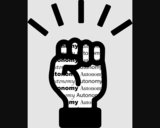
A clipart illustration suggesting autonomy, as featured in section 6.2 of the Nursing Management and Professional Concepts textbook.

Photo of a built-up plate.

Photo of built-up handles and weighted silverware.
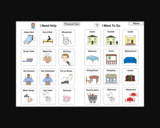
Illustration showing an example of a communication board.
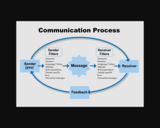
Illustration showing the communication process.

Photograph showing a comparison of Chest with Normal Anterior/Posterior Diameter (A) to a Barrel Chest(B) in a simulated patient.
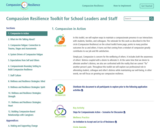
In this toolkit, we will explore ways to maintain a compassionate presence in our interactions with students, families, and colleagues. The rationale for this work as described in the first circle (Compassion Resilience) on the school toolkit home page, points to many positive outcomes for us and others. It turns out that coming from a mindset of compassion greatly contributes to our job and life satisfaction.
Simply put, Compassion is concern for the wellbeing of others. It includes both the awareness of others’ distress coupled with a desire to alleviate it. At the same time that we desire to alleviate another’s distress, we also are confronted with the reality that we cannot “fix” another person’s pain. Throughout this toolkit we will explore our professional role in alleviating student, colleague and other’s distress while maintaining our well-being, in other words, we will focus on growing our compassion resilience.
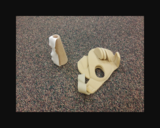
Photo showing a cone to prevent hand contracture (left) and a palm protector (right).
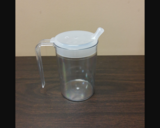
Photo showing a covered cup.
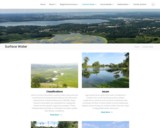
Dane County's abundant surface water resources are monitored and assessed primarily by the Wisconsin Department of Natural Resources (WDNR). Major streams and lakes are classified into categories based on the aquatic organisms present. These classifications provide an indication of water quality and fishery conditions.
Agricultural and urban land uses contribute to nutrient rich runoff reaching surface waters. Impervious surfaces and removal of wetlands also increases the flow of stormwater to local waterways. Explore issues facing our surface water and see maps of degraded water resources.
Effective water quality planning depends on long-term assessment and monitoring. The Capital Area Regional Planning Commission uses long-term datasets to evaluate regional trends.
Learn about practices meant to protect the region's streams, shorelands, and lakes.
Dane County
Land and Water Resources Viewer: An interactive county map showing watershed boundaries, thermally sensitive areas, cold water communities and more.